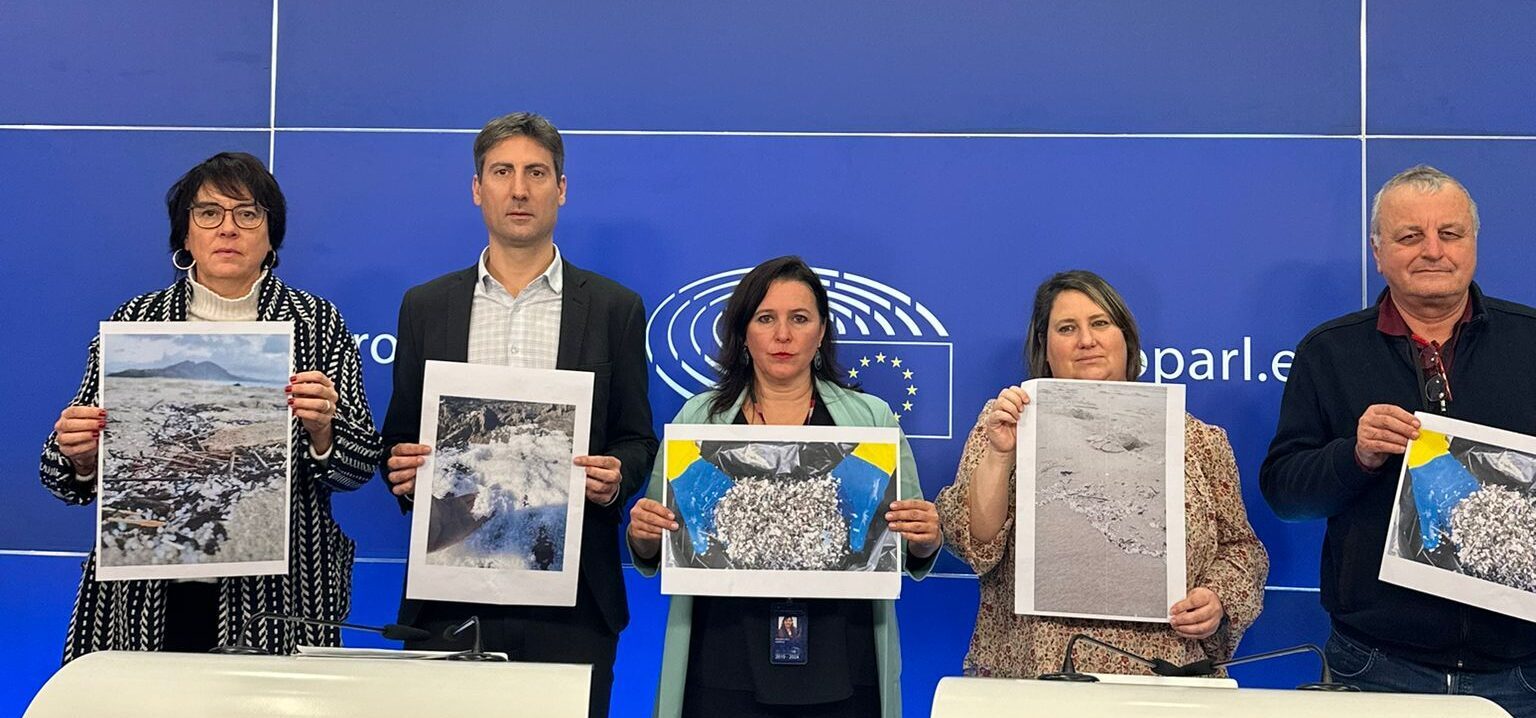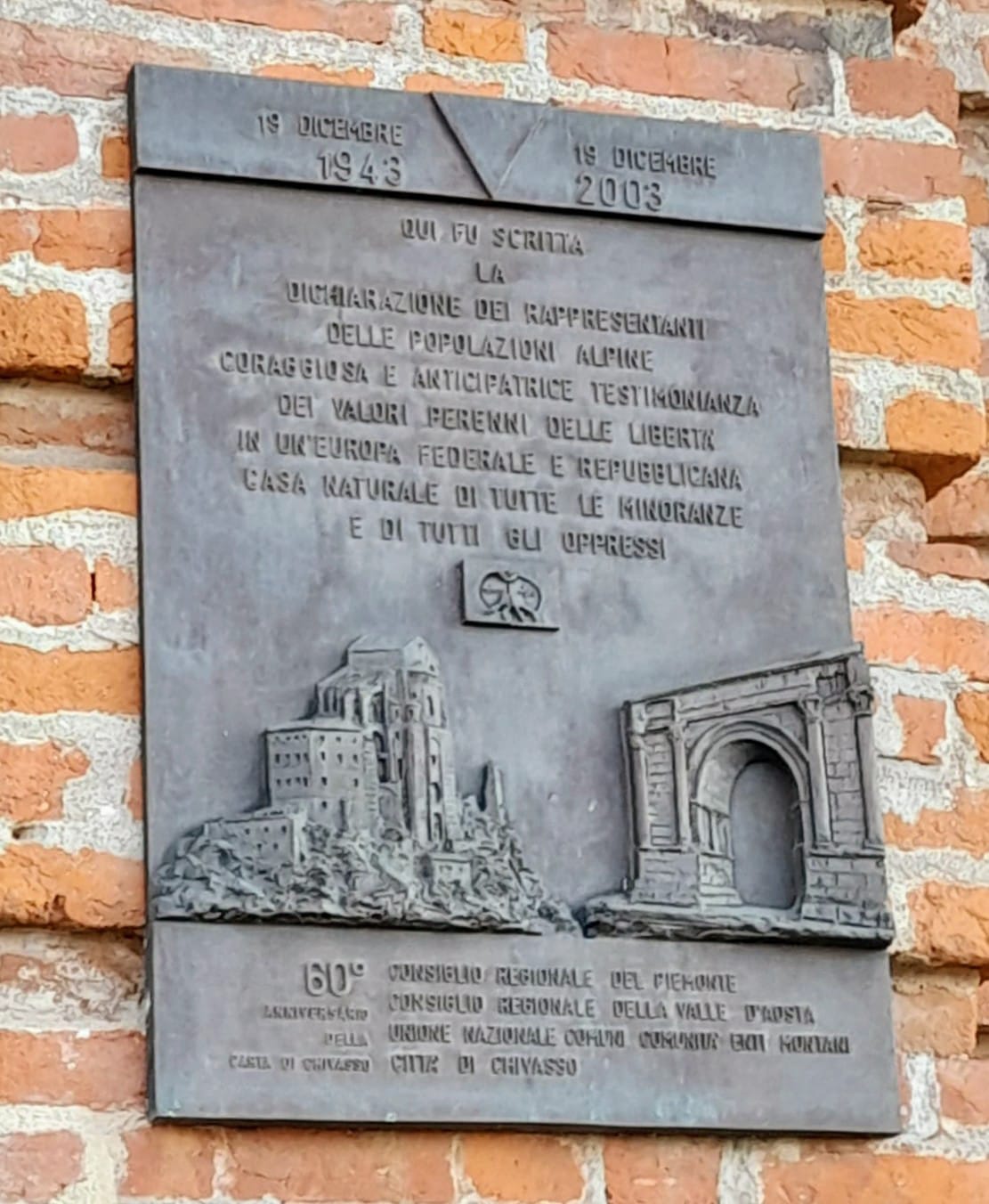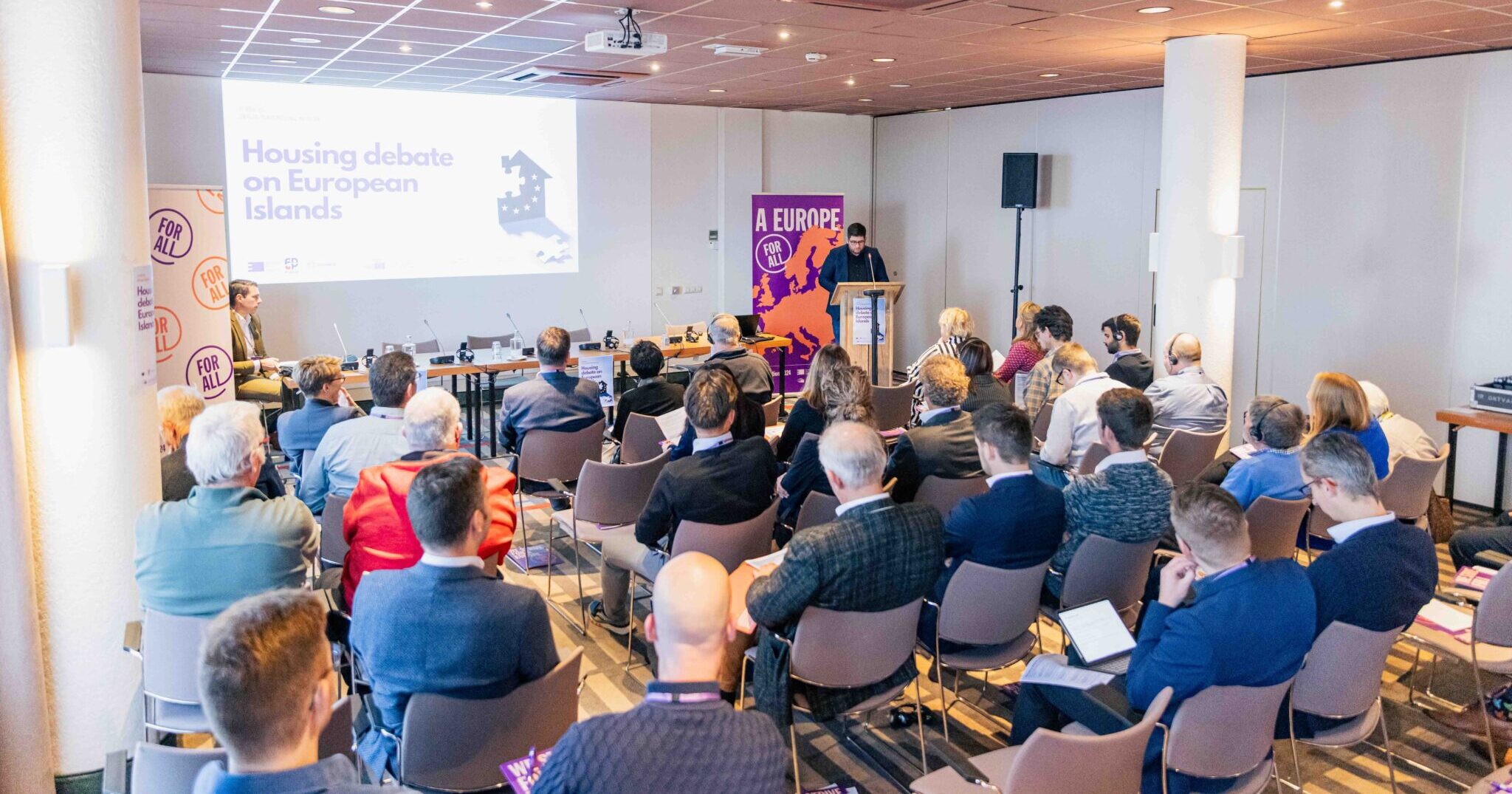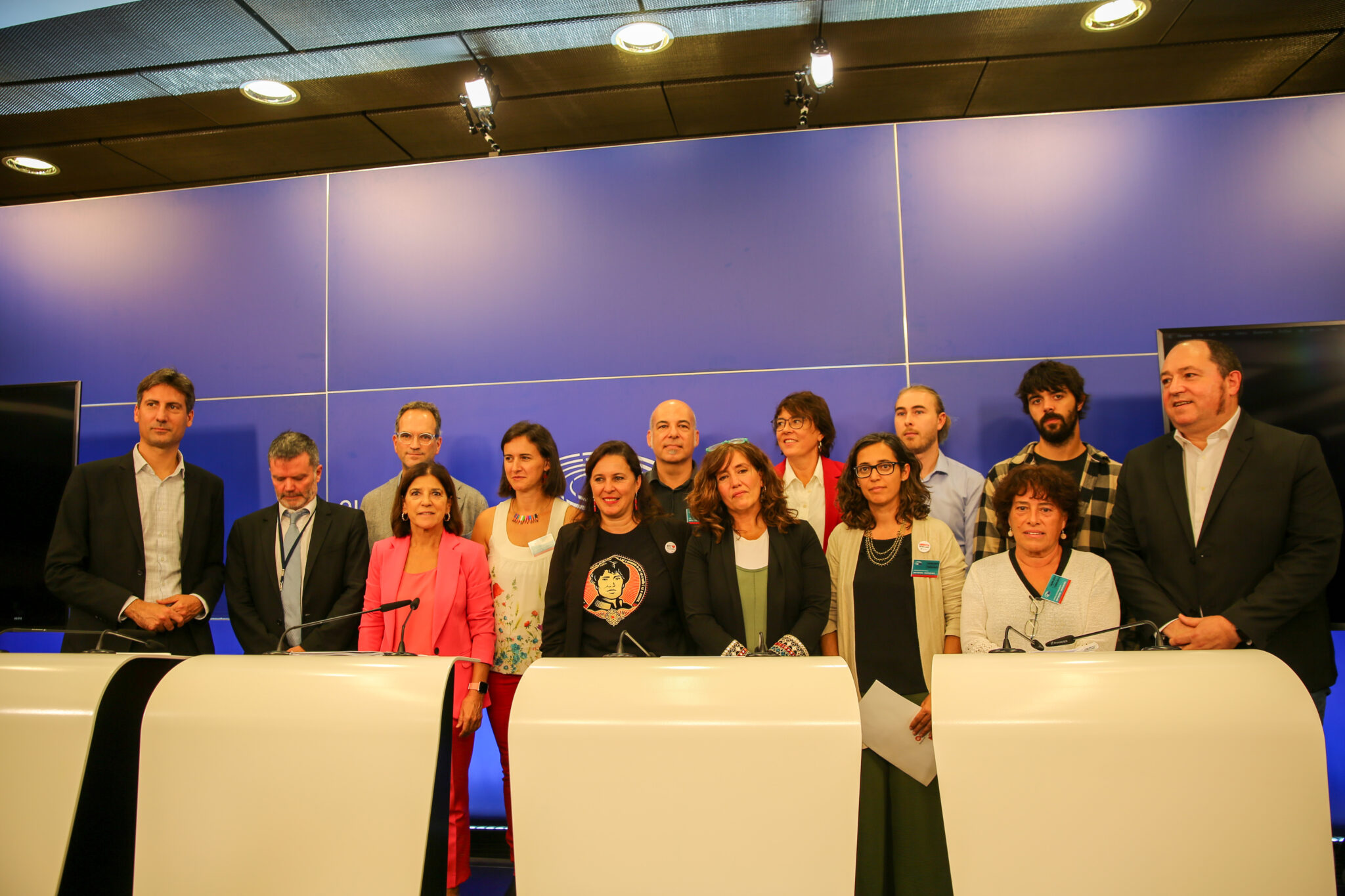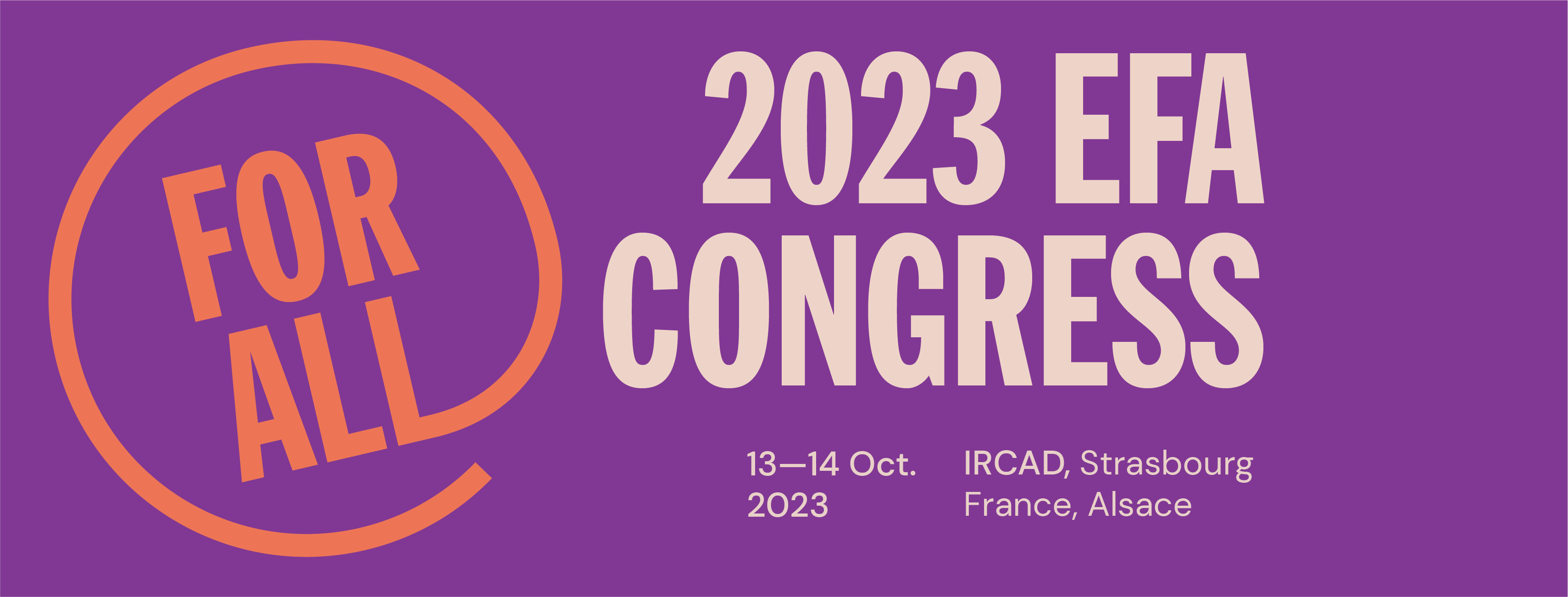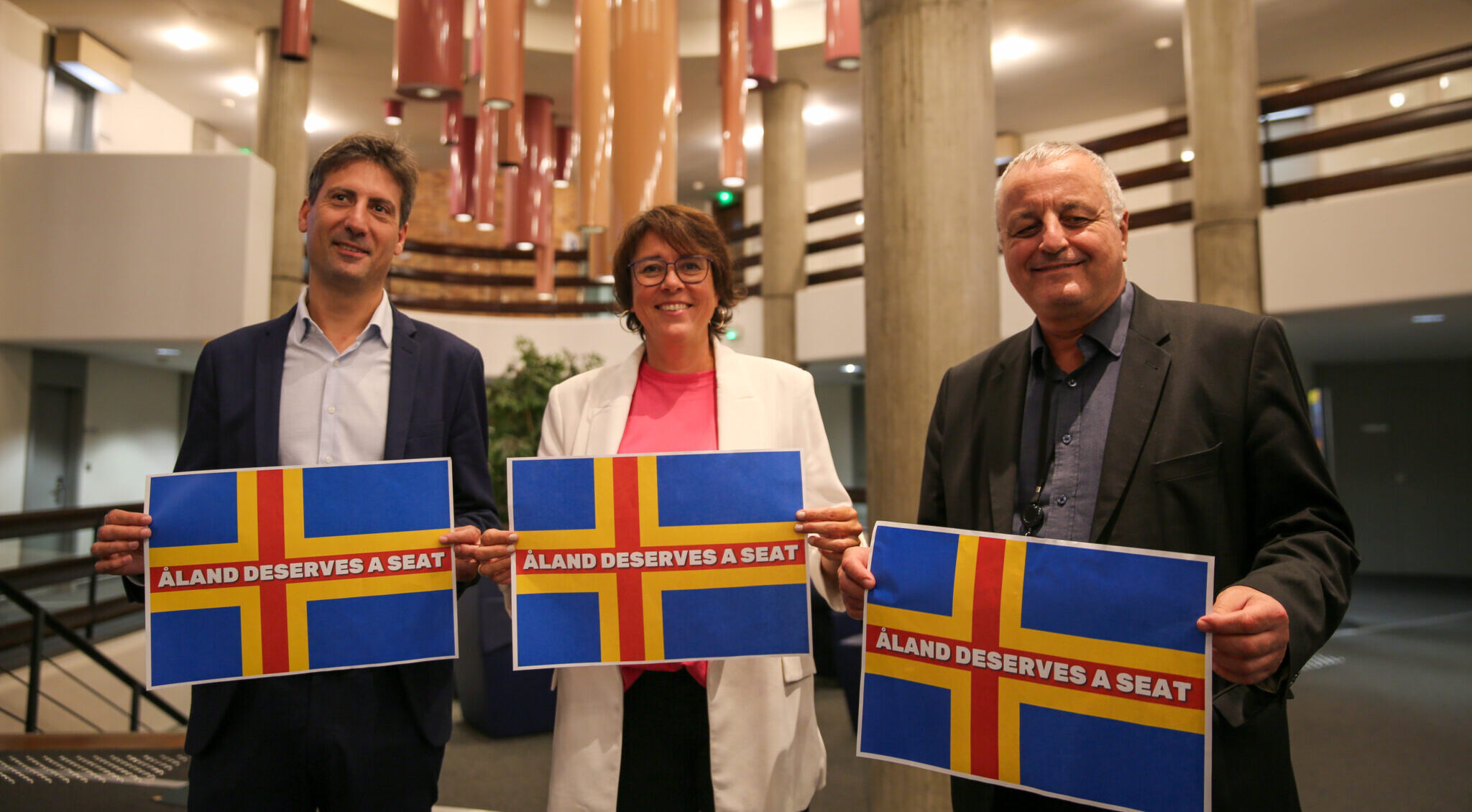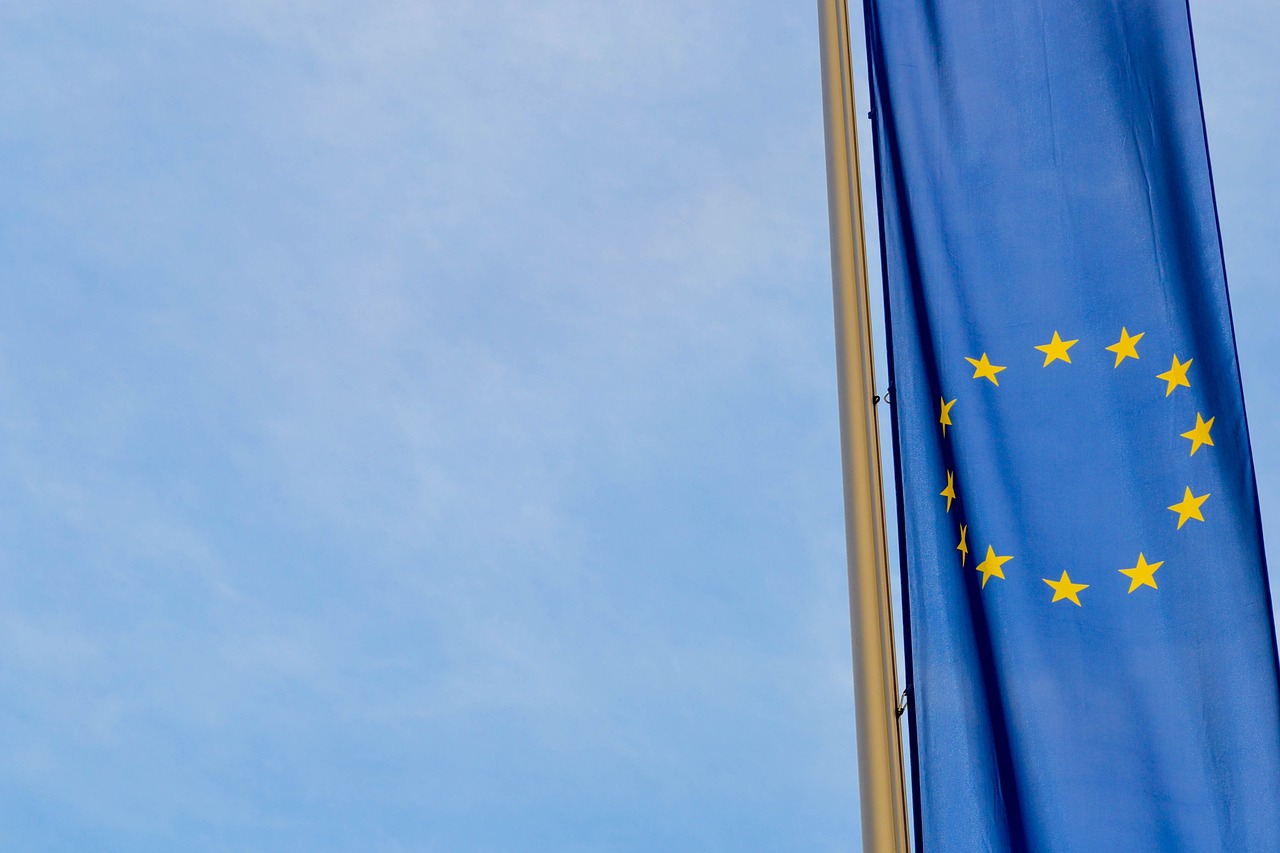State of the Union: New Prospects of Independence for Scotland and Wales
An unprecedented survey on the state of the Union has revealed public apathy towards the United Kingdom is stronger than ever: and calls for independence are growing in both Scotland and Wales.
Collecting results of recent polls from Panelbase, YouGov, and LucidTalk, The Sunday Times – a traditionally unionist newspaper – have released a landmark survey on the state of the Union. The verdict of a ‘disunited kingdom’ was the top headline – and front-page cover – for 24 January. The polls revealed not only what each respective country feels towards their own independence, but of the independence of those around them: the majority of voters in England, Scotland, Wales, and Northern Ireland either wish for independence or believe it will happen regardless.
In Scotland, 49% of voters supported Scottish Independence, with 44% against and 7% not sure. 49% of voters believed that Scottish independence is likely in the next 10 years, while 50% believe there should be a referendum in the next 5 years. When asked about their cultural identity, 56% of Scots see themselves as fully Scottish, compared with the 12% who consider themselves as British and not Scottish. In Wales, support for independence has grown. Support now stands at 23%, up from the teens five years ago.
Notably, Scotland’s stance on the EU appears a driving factor for their call for independence. 53% of Scots would vote to re-join the EU, a number similar to those who would vote for independence. In England, only 42% would re-join. With a landslide victory projected for the SNP in May, Scotland appears set to change course from old union to new European allies.
As the only European political party clearly standing up for the right to self-determination, EFA has been actively supporting the right of Scotland, Wales, and Northern Ireland to decide on its future status in Europe.
By being profoundly pro-European, we support a Europe for everyone. For EFA it is fundamental that Europe accepts and includes all peoples in the decision-making process, so as to build a democratic Europe of peace, respect and solidarity.
Find out more here.

![[UPDATE] EFA expels Latvian Russian Union](https://e-f-a.org/wp-content/uploads/2023/04/blue-gae9f38ab3_1280edited.jpg)
